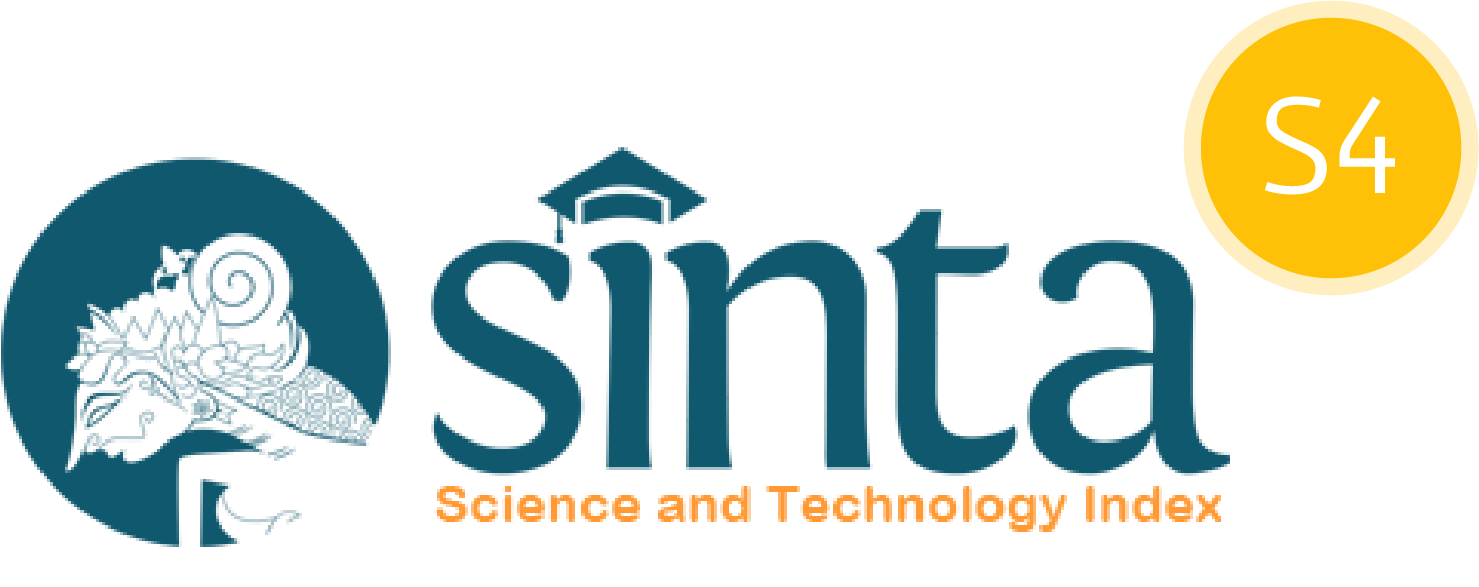Analisis Sentimen Pemanfaatan Artificial Intelligence di Dunia Pendidikan Menggunakan SVM Berbasis Particle Swarm Optimization
DOI:
https://doi.org/10.31294/coscience.v4i1.2921Keywords:
Sentiment Analysis, Artificial Intelligence, Media Social, Support Vector Machine, PSOAbstract
The utilization of Artificial Intelligence (AI) in the field of education in Indonesia has witnessed significant developments in recent years. The advancements in AI technology have opened up new opportunities to enhance the quality of education, and address various challenges faced by the Indonesian education system. This has naturally sparked diverse opinions and comments from the public, particularly on the social media platform X/Twitter. This research focuses on sentiment analysis of reviews expressed on the X/Twitter social media platform. The primary goal of this study is to develop an effective sentiment analysis method by leveraging the Support Vector Machine (SVM) algorithm optimized with Particle Swarm Optimization (PSO) for feature selection. In this research, user reviews from X/Twitter were collected and analyzed to identify positive or negative sentiments within the context of each comment. The SVM algorithm was used to classify sentiments based on similarity to comments with known sentiments. Feature Selection PSO was employed to optimize the parameters within SVM to enhance sentiment analysis accuracy. The results of sentiment analysis on comments or tweets on the X/Twitter social media platform using both SVM and PSO-based SVM algorithms indicated that the PSO-based SVM algorithm achieved a higher accuracy. The SVM algorithm with feature selection PSO produced accuracy 89.50%, precision 86.98%, recall 93.00%, and AUC 0.964. Meanwhile, the SVM algorithm had accuracy 87.50%, precision 85.46%, recall 90.50%, and AUC 0.956. This demonstrates that the use of feature selection PSO in the SVM algorithm is capable of improving the accuracy of the results.
Downloads
Published
Issue
Section
License
Copyright (c) 2024 Atang Saepudin, Riska Aryanti, Eka Fitriani, Royadi Royadi, Dian Ardiansyah

This work is licensed under a Creative Commons Attribution-ShareAlike 4.0 International License.


















